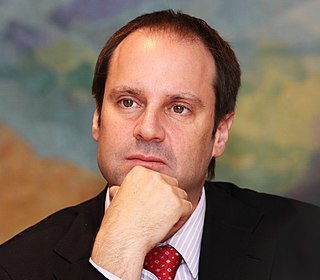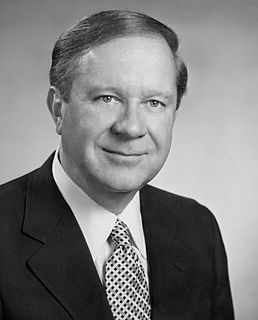A Quote by Tim Jackson
If we are going to be able to create a new economic vision, companies will need to rethink every aspect of their operations; their bottom lines, ownership structures, demands on financial returns, how they raise capital. For example, an ethical company would say it should only take a fair share of the planet's resources and campaign on this.
Quote Topics
Related Quotes
If, for example, each of us had the same share of capital in the national total capital, then if the share of capital goes up it's not a problem, because you get as much as I do. The problem is that capital in capitalist countries is very heavily concentrated, especially financial capital. So then if the share of income from that source goes up, that actually exacerbates inequality.
The total dividend income declared in 1995 by the bottom 9.7 million Canadian tax-filers (47% of all those submitting tax returns) was $310 million. The estimated dividend income received by the Thomson family in 1995 from its 72% ownership share of the Thomson Corporation and its 22% ownership share of the Hudson's Bay Company was $310 million.
There are but three political-economic roads from which we can choose... We could take the first course and further exacerbate the already concentrated ownership of productive capital in the American economy. Or we could join the rest of the world by taking the second path, that of nationalization. Or we can take the third road, establishing policies to diffuse capital ownership broadly, so that many individuals, particularly workers, can participate as owners of industrial capital. The choice is ours.
Capital, and the question of who owns it and therefore reaps the benefit of its productiveness, is an extremely important issue that is complementary to the issue of full employment... I see these as twin pillars of our economy: Full employment of our labor resources and widespread ownership of our capital resources. Such twin pillars would go a long way in providing a firm underlying support for future economic growth that would be equitably shared.
I believe that the behavior of too many of our corporations investment bankers and fund managers has jeopardized some of the trust that investors have had. It's not the economic engine that we need to focus on, but the need to make sure that our investors receive their fair share of the returns that that great economic system produces.
The financial doctrines so zealously followed by American companies might help optimize capital when it is scarce. But capital is abundant. If we are to see our economy really grow, we need to encourage migratory capital to become productive capital - capital invested for the long-term in empowering innovations.
Hillary Clinton would raise taxes on so-called rich people, corporations, capital gains, financial transactions, and inheritance. Has there ever been an example where America has taxed its way into prosperity? Never. Trump has an economic-recovery-and-prosperity plan. Clinton has an austerity-recession plan.
America should really wonder about a President Trump, who had a campaign manager with ties to Putin, pro-putin elements in the Ukraine who had to be fired for that reason. They should wonder when Donald Trump is sitting down with Vladimir Putin, is it going to be America's bottom line, or is it going to be Donald Trump's bottom line he's going to be worried about with all of his business dealings. This would be solved if Donald Trump would release his tax returns as he's told the American public that he would do.





































